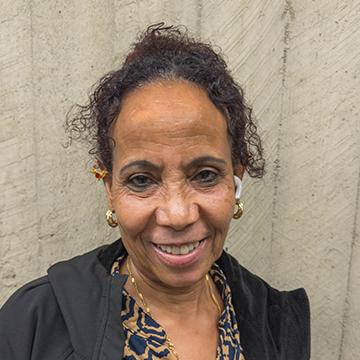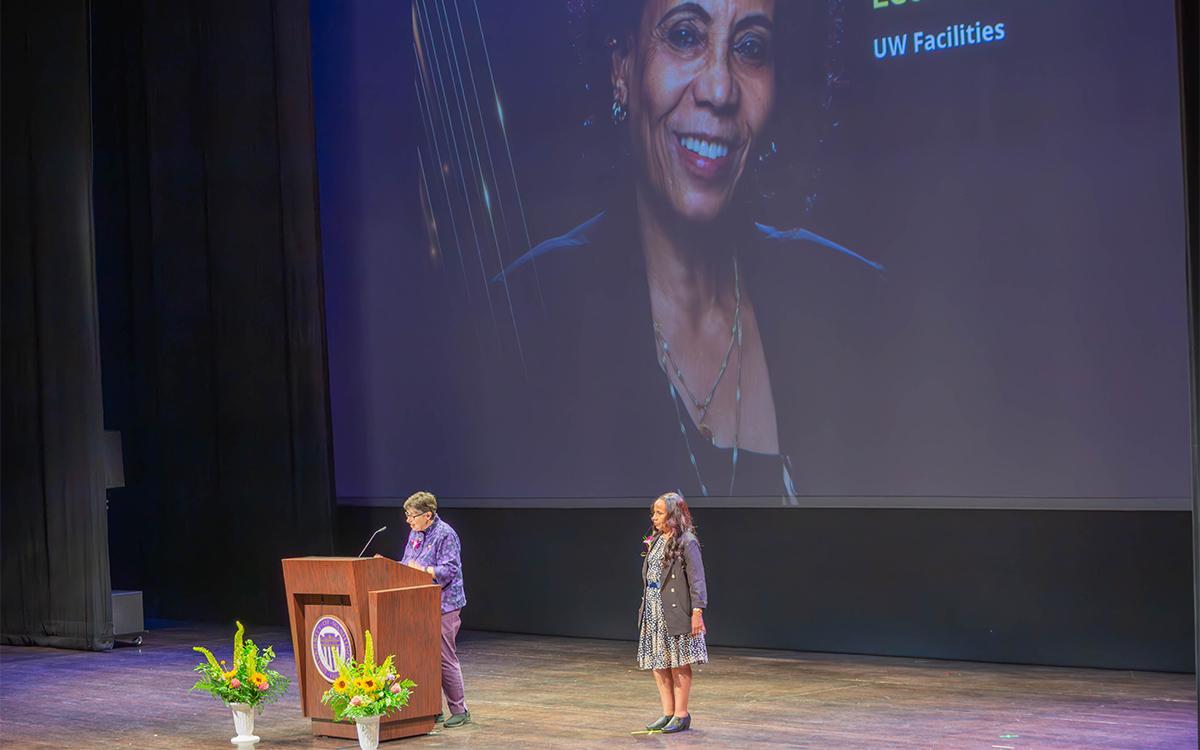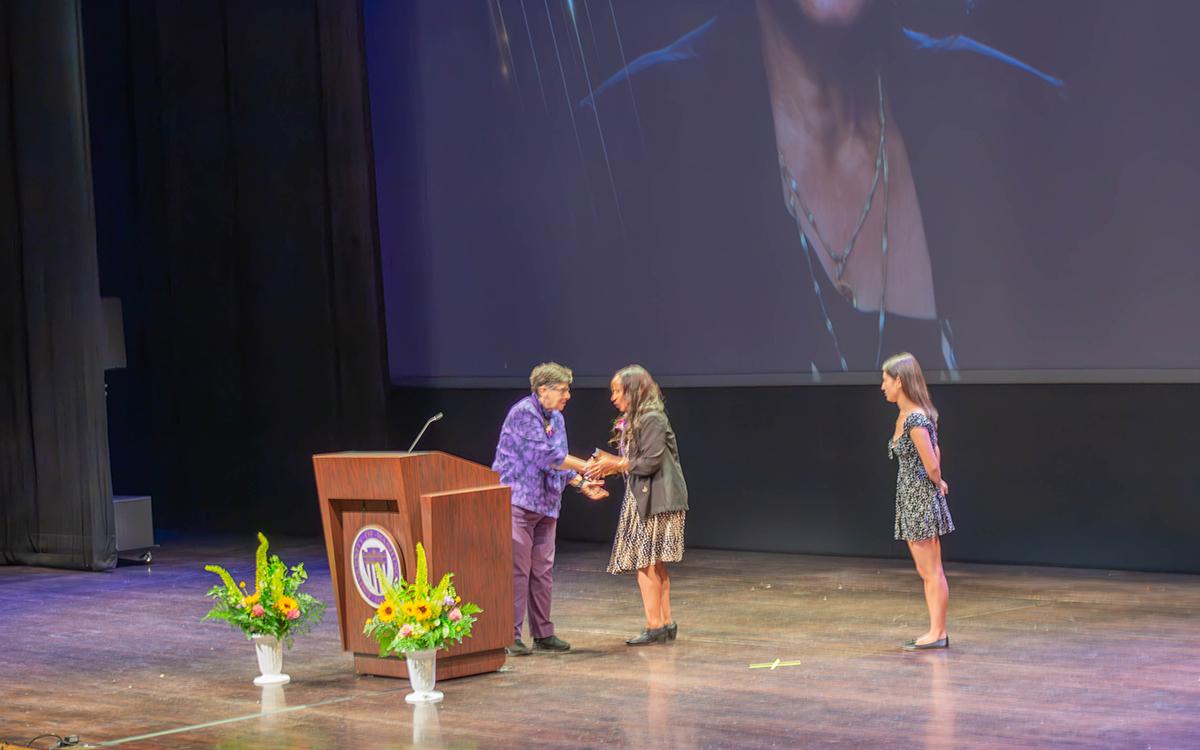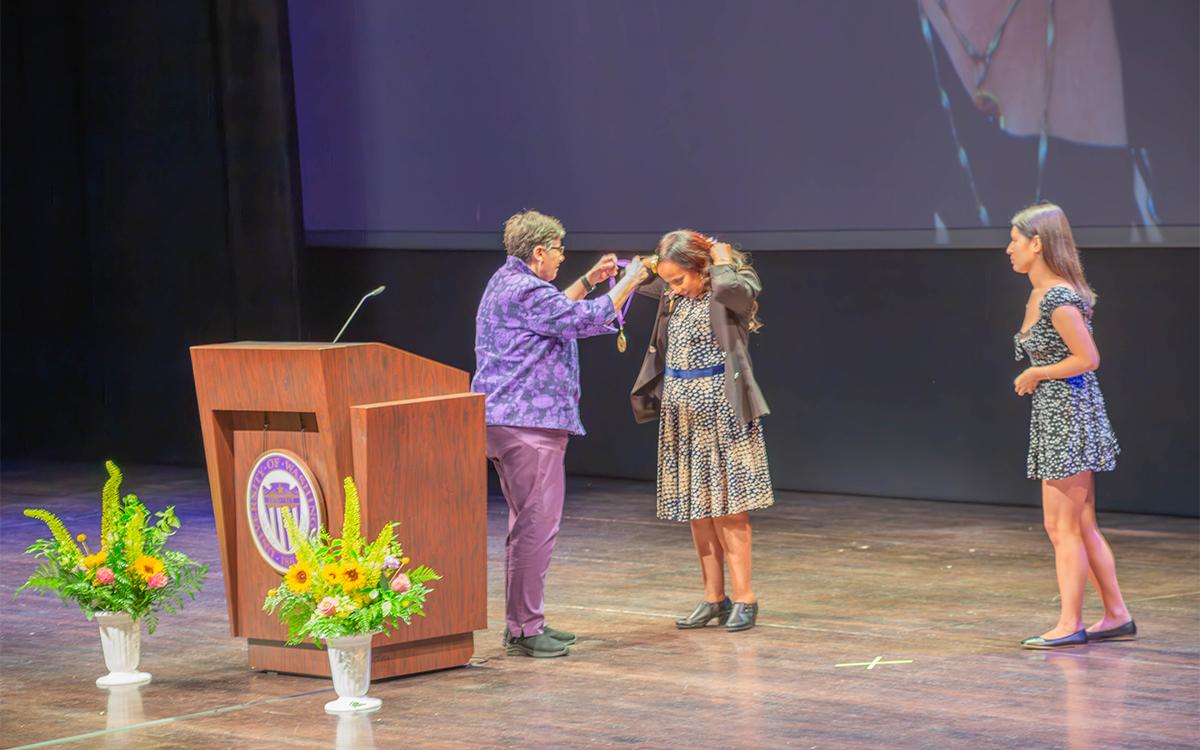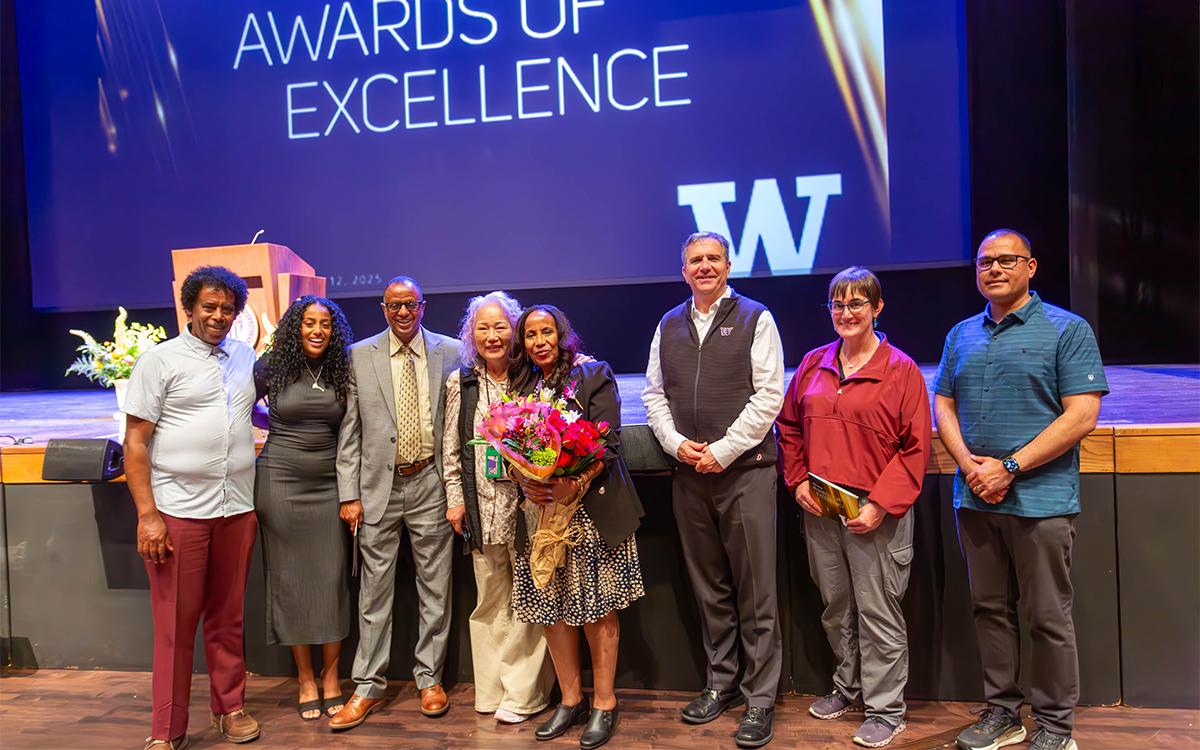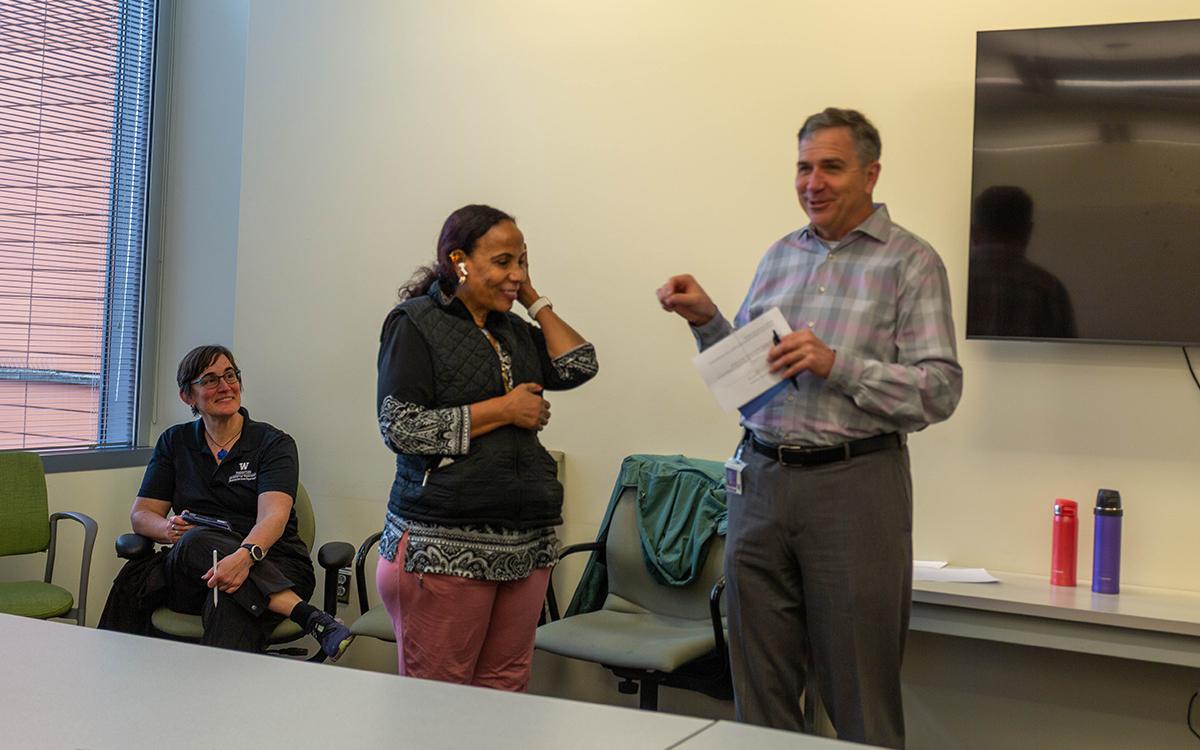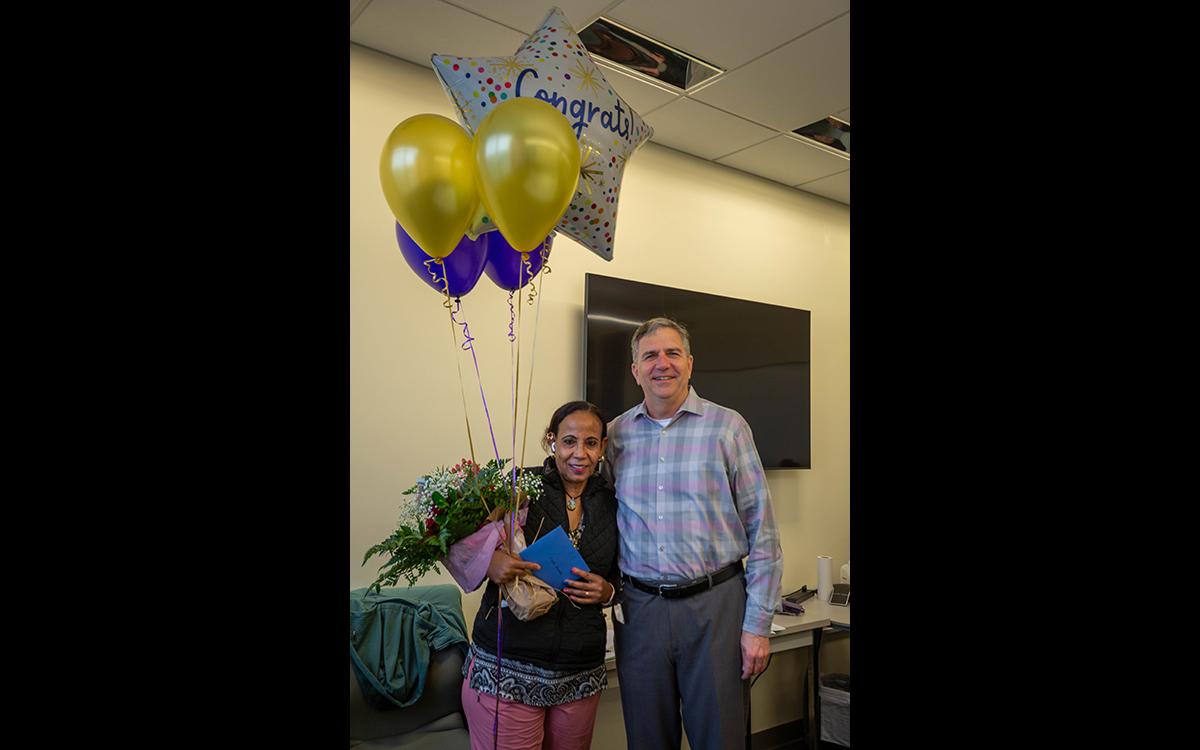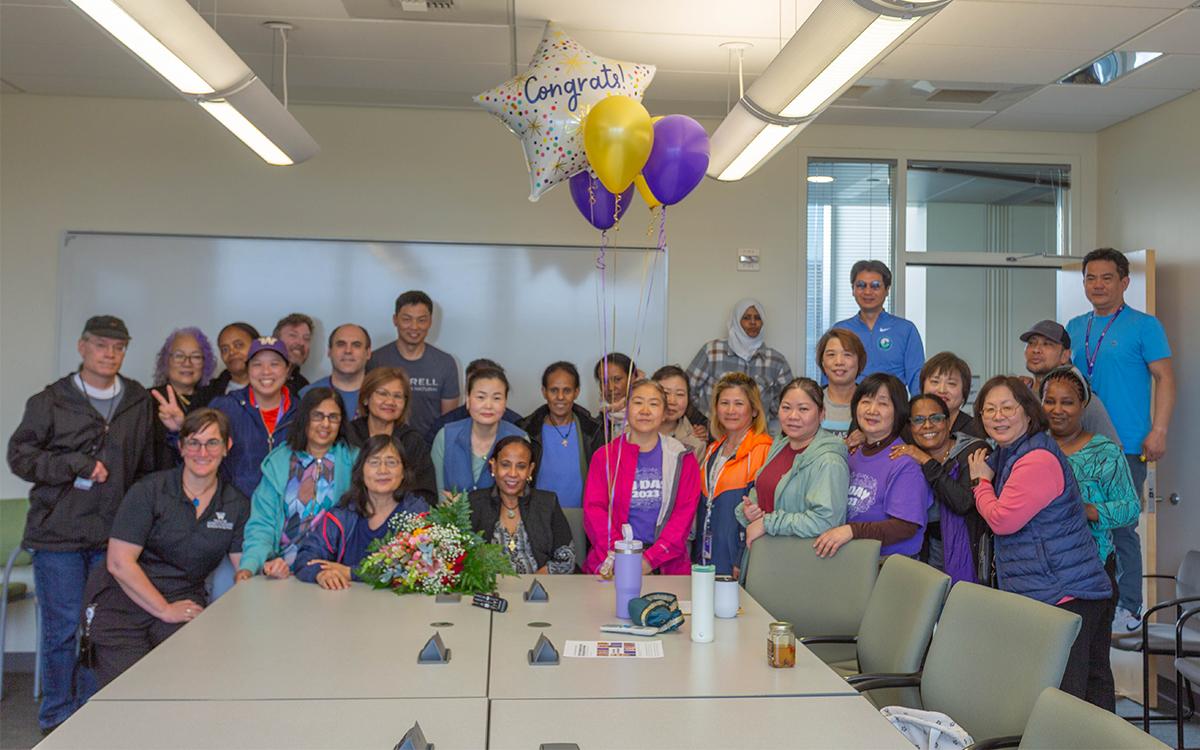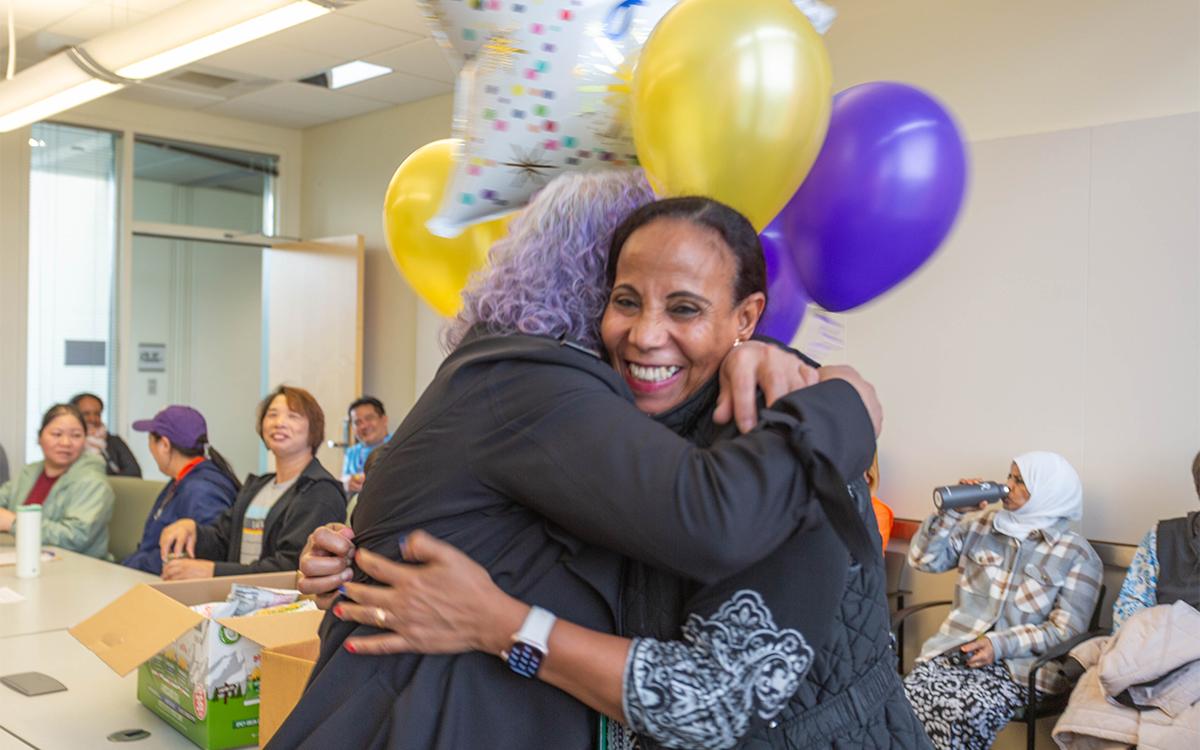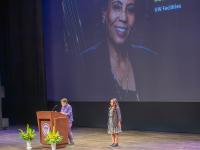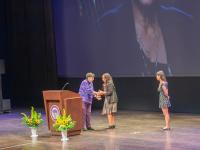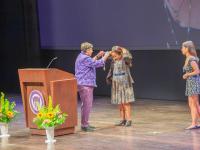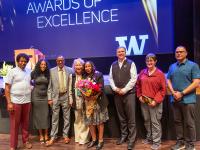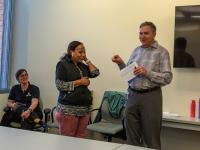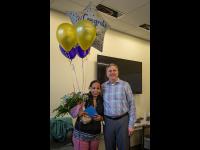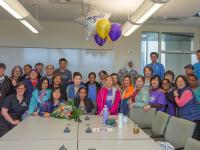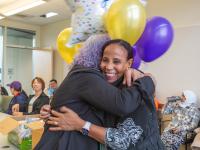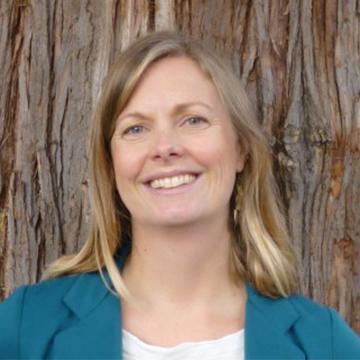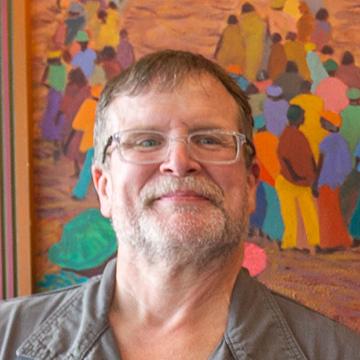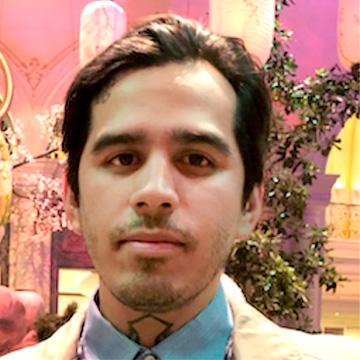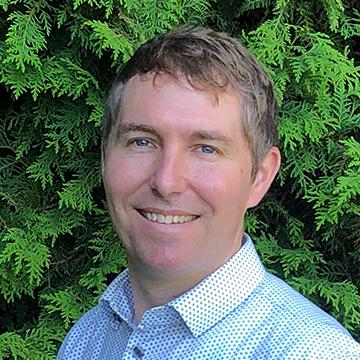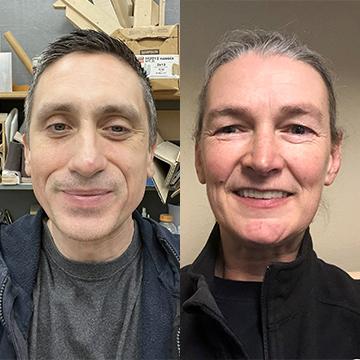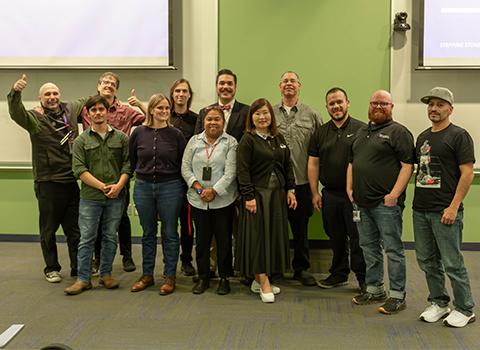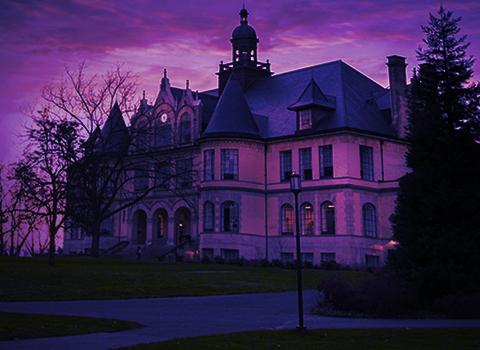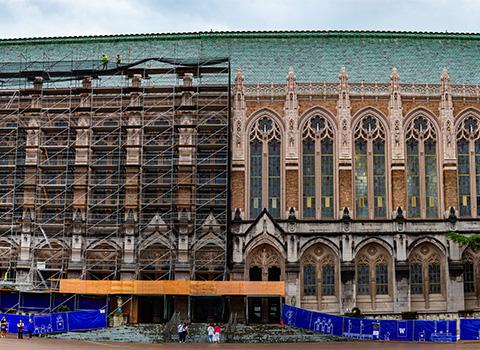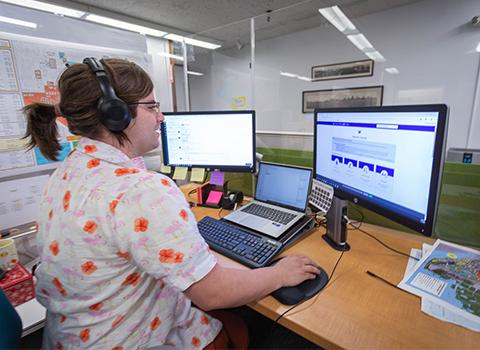UWF staff nominated for 2025 Distinguished Staff Award
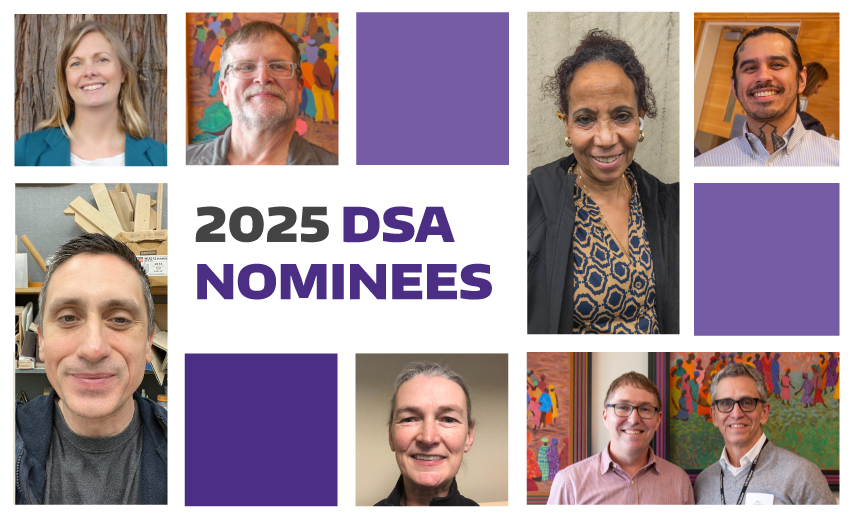
2025 DSA nominees, clockwise starting at bottom left: Morgan Holtz, Lisa Dulude, Rob Kessler, Leula Amaha, Steven Vasquez, Ben Newton and Mike Stanislaus (of UW Medicine), Sara Shores
The UW's Distinguished Staff Award (DSA) is the University's highest staff honor, recognizing employees who exemplify excellence in collaboration, innovation, impact, career achievement, and diversity, equity and inclusion. Winners of the DSA were announced in May, and UWF's Leula Amaha was included as one of the winners. Congratulations, Leula!
Seven UWF staff members were nominated for the DSA. We asked them to share a few insights about what they do and what inspires them. All interviews have been edited for length and clarity.
Individual nominations:
- Leula Amaha, Custodian, Building Services Department
- Lisa Dulude, Director, UW Sustainability
- Rob Kessler, Electrician, Maintenance & Construction
- Steven Vasquez, Sheet Metal Mechanic Lead, Maintenance & Construction
Team nominations:
- Ben Newton, Property Operations Manager, Real Estate
- Morgan Holtz and Sara Shores, Finish Carpenter and Urban Forest Specialist, Maintenance & Construction
Distinguished Staff Award winner
Distinguished Staff Award winner
la
Leula Amaha, Custodian
What’s your job?
A cleaning job. I don't like missing anything. I'm coming for eight hours, except my break time. If I'm busy, I don't see the time. My break is 8 to 8:30. If I started the restroom before 7:45 and if I haven’t finished it, I’m not leaving.
What building?
Applied Physics Laboratory (APL). I’ve been working over there almost 11 or 12 years, and I’ve worked 25 years here [at the UW] on May 30. First I worked in Kane Hall and then Condon Hall. My building, if I see it clean, I'm happy.
What’s your favorite thing about your job?
The building, the people, the supervisor, my managers, everything I’m happy about. I don’t have any complaints. I like the co-worker Christmas party. [In the future,] if I’m retired and it's coming up, and my manager and my supervisor are still here, I’m coming.
What motivates you? Any word of inspiration or advice you’d like to share?
I like my job. I respect my job. If you order the floor work, I do the floor work. Same with the cleaning, with the restroom, with all the garbage.
What does the recognition mean to you personally or professionally?
I’m so happy because I like my building, I like my co-workers, I like the job.
lapics
Distinguished Staff Award nominees
Distinguished Staff Award nominees
ld
Lisa Dulude, Director of UW Sustainability
What’s your job in one sentence?
I collaborate and build partnerships to scale up and accelerate impact by embedding sustainability into everything the University does.
What’s your favorite aspect of the job or working for the UW in general?
Collaboration! I love being able to work with faculty, students, staff and others to develop new approaches or solutions to complex problems and projects.
What motivates you? Any word of inspiration or advice?
The people that I get to work with motivate and inspire me! From my team members in the Office of Sustainability, to all of the faculty, students and staff — our community cares deeply about sustainability and climate change and wants to jump in and make a difference.
Inspiration/advice: We need each other and community more than ever before. Especially during challenging times, I've learned to rest and lean on my community, but not to quit.
What does the recognition mean to you personally or professionally?
It feels wonderful to be recognized and know that others see the effort and impact of our work — particularly in the field of sustainability where progress is often less visible or tangible compared to other fields of work.
rk
Rob Kessler, Electrician
What’s your job in one sentence?
I'm an electrician and my main responsibility is repairing all streetlights and pathway lights on the main campus and exterior building lights in the Northeast Zone.
What’s your favorite aspect of the job or working for the UW in general?
I love that no two days are exactly the same, so it never becomes boring.
What motivates you? Any word of inspiration or advice?
I'm motivated by the fact that my job has a big impact on how safe people feel when they are on campus at night.
What does the recognition mean to you personally or professionally?
I prefer to be behind the scenes, but it is nice that a person who doesn't even work in my zone recognizes that I go "to infinity and beyond" and acknowledged that and I really appreciate it.
sv
Steven Vasquez, Sheet Metal Mechanic Lead
You were nominated two years ago. Can you tell me what you’ve been up to since we talked last?
I did a higher level duty (HLD) stint as a Supervisor, so I got to experience having more direct reports than I'm used to, being responsible for payroll for trades, and then working with Project Managers, customers and our manager directly.
I've done those things before, but not to the degree that I have experienced the last couple years. I feel like I now have some experience in managing projects that don't go the way you think they're going to. When you learn about doing project management or working in groups, they just teach you how it's supposed to happen, and I didn't really learn how it actually happens. Really experiencing the mechanisms of people working together has been something that’s been different.
What were some things you learned from your experience with HLD?
One is letting people deal with their emotions and not trying to correct someone's emotions. A lot of times, people don't really focus on what you're upset about. They focus on you being upset and getting you back to an emotional state where they feel comfortable. Just getting away from that, letting people have their emotions, letting people come to their own conclusions about things and presenting facts to them and hoping that, you know, we can guide this group of people the best that we can.
That's a message I'd love to actually get out, because I feel like we're coming into a new generation of the workplace. With so many retirements, it's a really good opportunity to look at the things about the workplace that made it a lesser place to spend your time and try to make it a place where people actually want to take some pride in spending some of their day.
Were there any skills you drew upon during difficult times with HLD?
My main motivation that helps me through all of those challenges and situations is trying to take a holistic view of your work group and seeing them as people, with lives outside of work hours, and just being empathetic to whatever is going on with them. I think most people have experienced being waved off or having their concerns dismissed because someone else doesn't think it’s a big deal. I can empathize with them and understand that it's affecting them in a way that, in turn, is going to affect the workplace and the other people around us. Institutions are made of people. It’s people who carry our institutions from one day to the next.
What does being nominated for the DSA mean to you?
I think it means that I work with a wonderful group of people who recognize my contributions to the workplace and think that my contributions help it become a better place. Somebody thought enough of what I contribute to the space each day that they wanted to celebrate it and that feels really good. It makes me feel like I'm making a difference in other people's experiences here.
Team nominations
Team nominations
bn
Ben Newton, Property Operations Manager
You were nominated for a team award with Mike Stanislaus, Director of Facilities for the UW School of Medicine. Can you tell me about your work together?
UW is leasing about half of a building in Spokane, and Gonzaga is leasing the other half. We have a partnership with Gonzaga University to deliver top-ranked medical education to Eastern Washington, including the region around Spokane. My role was to help with the real estate and construction side of things as the landlord was delivering the work. Mike Stanislaus’ role was, from the School of Medicine side, helping the department make key value-based decisions on the scope and budget portions of the project. Both of us worked together to make sure the space was built out per the medical school's needs.
What was your favorite part of the project?
I always enjoy being able to provide my specific expertise for real estate, property management and construction to people like [our client] Daryl [Potyk, the UW School of Medicine’s Associate Dean for Eastern Washington], who is super competent, super intelligent, super compassionate and just so good at what he does. But he is involved in a construction project maybe once every so many years and hasn’t had a ton of experience with commercial leasing. The majority of his time is spent with patients and teaching students. I love that I get to provide my real estate expertise to support his mission so that he can stay focused on what he's best at.
Any word of inspiration or advice you'd like to share about collaborations?
A lot of times there are interests that don't align, and there are interests that do align. Everyone is driving towards success, and success is defined, by and large, by interests that do align. So I try to focus on finding those interests that do align, and emphasizing those so that we can resolve the things that don't.
For example, Darryl’s group was shifting from a more office-intensive environment to a more workstation-type environment, which was in part driven by budget considerations. So we needed to find interests that aligned, and we needed to help them with that change. It included providing better technology, sit-stand workstations and a white noise system.
What does this recognition mean for you personally and professionally?
I think it's extra special because Mike is not in my reporting structure but I have worked on several projects with him. So it's just a recognition of how we don't have to be in the same silo within the University to be able to develop bonds of trust and collaboration where we actually do work as a team. Whether we're working on the service side of the University or in a school or college, we should all be able to work together as a team to support the end user that's delivering the service or teaching the students or serving the patients.
mhss
Morgan Holtz, Finish Carpenter, and Sara Shores, Urban Forest Specialist, Maintenance & Construction
You were nominated as a team along with Rae Moore at the College of Built Environments for the Salvage Wood Program, which takes wood from campus trees and makes them accessible to architectrue students.
Sara: We have so many capital projects and so many trees that come down. With Morgan's expertise and help and Rae [Moore’s help] connecting the students into the whole program, I can't think of another way of using the wood that would serve a better purpose.
Morgan: I think that the process of doing that itself is a chance to educate students who are actually going to be potentially confronting these issues of how to use materials and what happens when you displace trees that people care about. We're getting students involved in the process so that they can learn about it and apply it to their own careers.
Can you describe Rae's role?
Morgan: She's been really important in connecting this directly to the students — and also planning the logistics of how this is going to get expanded from [using the wood for] one or two classes to making it campus wide. It's still yet to be seen how it will work out. But she has a plan to make this wood available and kind of act as a little lumberyard for campus.
What’s your favorite part of the project?
Morgan: I like the chance to talk about the value of trees beyond their use as a commodity. I think in architecture, it's easy to zoom in and just look at the quality of the wood and what it's useful for. But as we're displacing the trees by building things, it's really important to think about the place we're taking them from and how they grew there and what other plants and animals used them. And I think it's a good lesson for architects, because they are thinking about the impacts of their buildings and and just how they fit in with the rest of their surroundings. So there's some bigger philosophical issues around trees themselves that you can get into.
Sara: I think my favorite part is the story that the trees can tell now. You can just go to Home Depot and buy wood. You have no idea where it came from. Now the students, if they're interested, can know exactly where that tree came from. They might be able to see pictures of the tree. They can know that the tree has a story that will be continued to be told over time after they make it into whatever product they're going to make.
What does this recognition of the project mean to you?
Morgan: Well, I was a little conflicted, because I think there are other people who have really done a lot to set this up and get it going. But I've also always wondered how valuable this was to other people, besides just me personally and the people who helped set it up, especially Ed McKinley, who really got me involved in this and it wouldn't have started without him.
But this is a reminder that other people care about it and it matters. Seeing other people's enthusiasm for it inspires me to put more effort into it, as we have a lot of other work to do here. Time spent on campus lumber is taken away from another job. We don't want to divert resources towards something that is not valued, so this means it's valued.
Sara: Yeah, I think the nomination is important because of those reasons where the community is going to benefit as a whole — not just the students, not just keeping waste out of the landfill, but everybody benefits. It means a lot. It's a project that we're interested in, and it adds value to our job too — just because it's something different — and it's nice to think that other people see that value as well.
